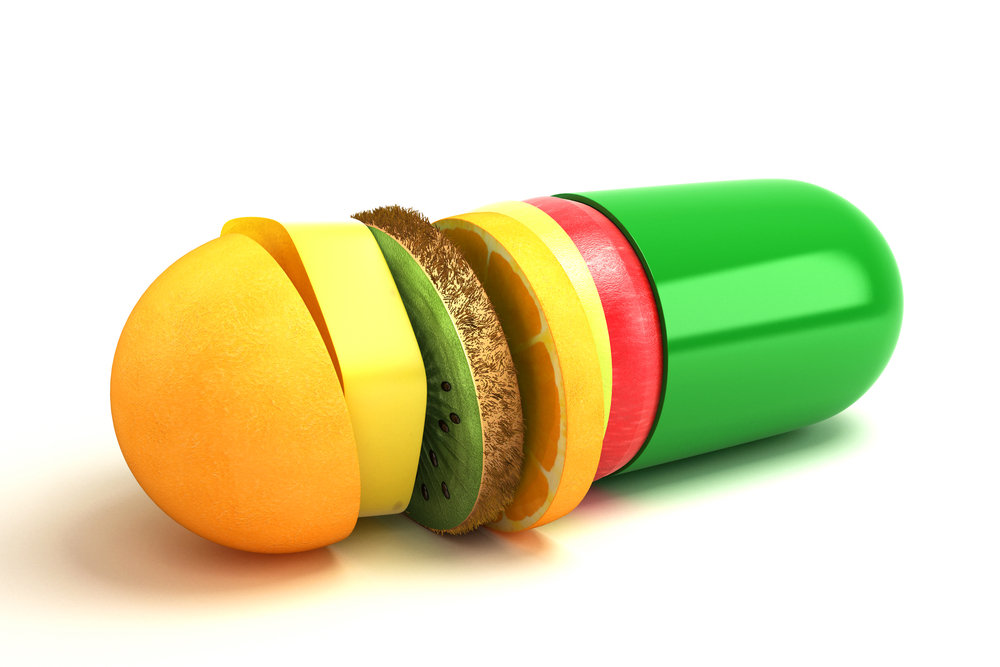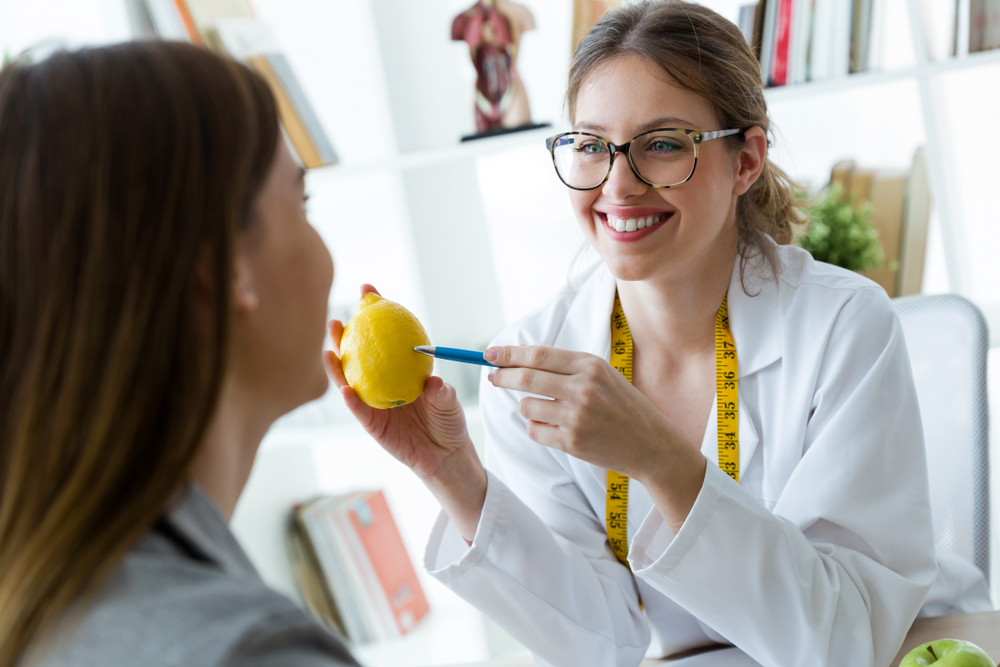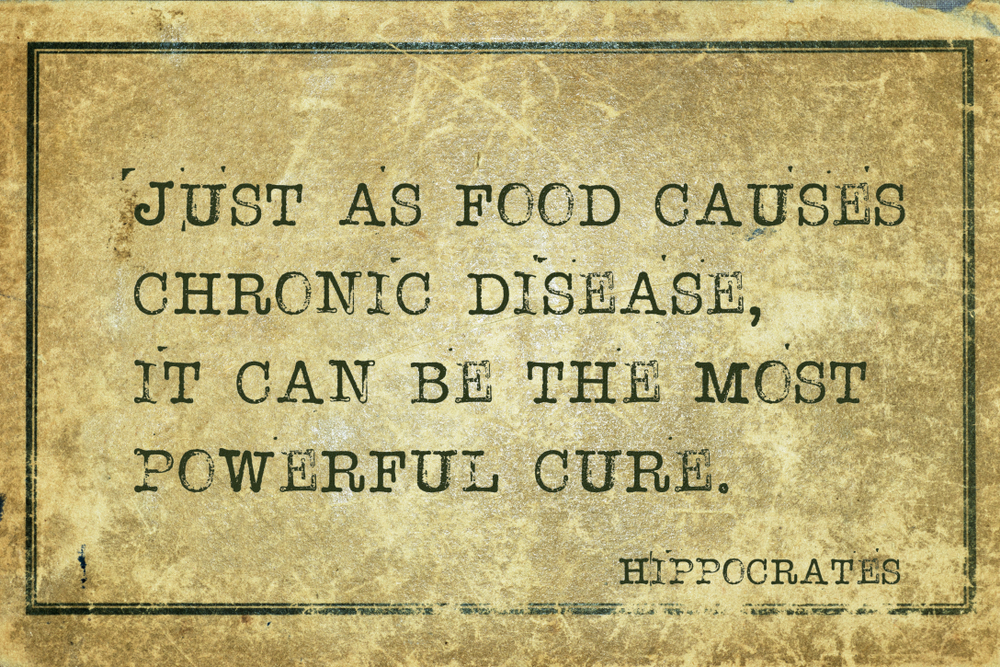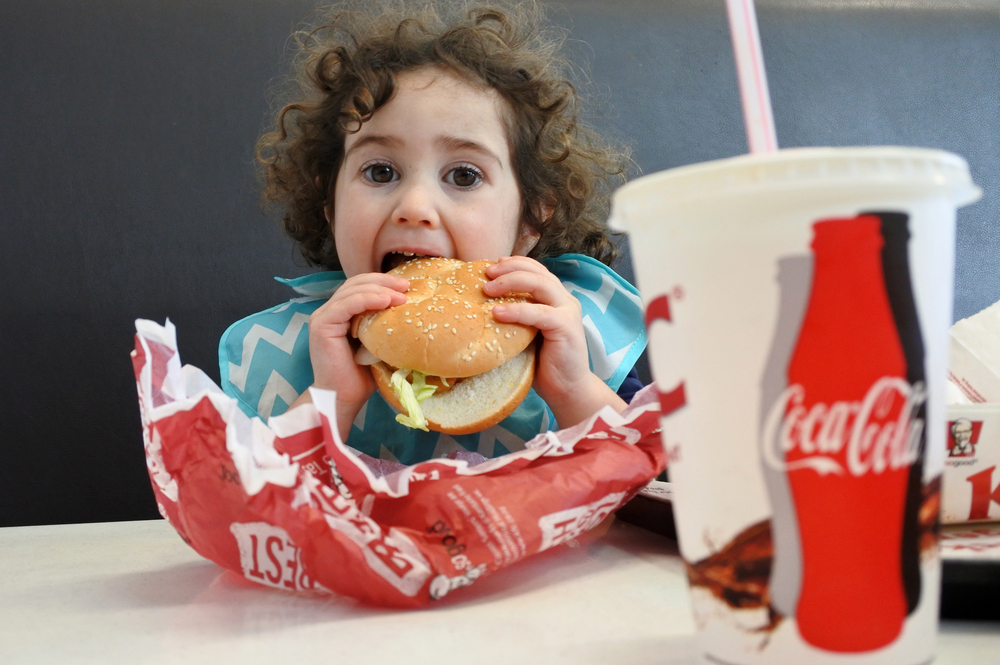This was the last column I wrote for the Fredericksburg, Virginia, Free Lance-Star:

To celebrate March being National Nutrition Month, the Fredericksburg Food Coop and Mary Washington Healthcare sponsored a recent seminar on ‘Food As Medicine’ at Stafford Hospital.
Six local dietitian/nutritionists described the importance and scope of the nutritional advice they give their clients – advice that dates back to the days of Hippocrates, but which recent discoveries about the human genome explain.
Moderator Faye Krause MS, MEd, RDN, talked about her work with advice on diet and instructing the staff at Central Virginia Regional Jail, before introducing first speaker, Nancy Farrell Allen MS, RDN, FAND who talked about her crucial role acting as advisor to many politicians and regulatory boards. And how it is essential to choose a Registered Dietitian Nutritionist (an RD or an RDN) to be sure you are getting good information.

Whitney Christie MS, RD, CSO, CNSC who works with Mary Washington Cancer Center, described her role in helping with these patients’ very special dietary needs. Kelly Raetzsch, RDN highlighted the problem in overweight patients of “fat shaming” so that they won’t go to the doctor - where the nurse is sure to insists they get on the scale (the tussles that sometimes occur has always seemed to me like a horse refusing a jump).
Sarah Moran, RDN talked about how meals are more than just eating. They are a time of learning – a message they emphasize at the Dr. Yum Project, where she also works. Finally Lindsay Martin MS, RD, LDN who works for Giant food, talked about the value of the “Healthy Grocery Shopping” tours she does at their stores.
An Ancient Notion
The idea of food as medicine is not new. It dates back to the time of Hippocrates – who is often quoted as saying, “let food be thy medicine.”

I gather from some learned article I came across in e-SPEN Journal, that this is a misquote - albeit commonly used.
But Hippocrates, and his followers, moved the concept of illness from being a “consequence of divine intervention” to an imbalance of the four bodily humors - blood, phlegm, black bile and yellow bile. And that this can be profoundly affected by what you eat.
The practice of medicine then “advanced” with the scientific revolution, and we developed medications instead of attending to diet.

A reflection of the medical profession’s feelings about the importance of diet is seen in the medical school curriculum. Students receive on average, 19.6 hours of nutrition education in their four yearsof training.
The Mechanism
Understanding the mechanism of how food can affect our health is important to buy in. It seems it’s all to do with epigenetics and the expression of our genes.
Gene expression controls all the activities of our body, including those determining our health. A crucial part of this is control of your immune system, which in turn controls the process of inflammation (more and more illnesses like arthritis, and vascular/neurological/autoimmune diseases are being seen as basically an inflammatory problem).
The control of our genes is through epigenetics. It seems that all that “junk DNA” that takes up so much room on our genome, and was thought to have no function, is actually controlling gene expression.
These epigenetic influences are in turn very susceptible to environmental factors – and top of that list is what we eat.
The trouble is so many people don’t understand, or take note of this.
A Problem of Culture
Friend and neighbor, Terry, helps me with many yard projects (my wife Paula refers to him as my “yard husband”). When we need a break from our toils, we go get a coffee at Dishman’s corner store on Fredericksburg Turnpike. This is in rural Caroline county, and is a place a lot of road crews, truck drivers, travelers and others stop for fast food.
It is noticeable many of their customers are pretty overweight, and not the picture of health. As they leave with their country ham, egg, and cheese biscuits; bacon cheeseburgers; barbecue sandwiches, crab cakes and hush puppies, and always a soda, and I am tempted to confront them and ask “are you aware what your eating is not good for your health?”
I never do of course. And I can imagine the reaction might be amazement – or something less polite. But generally there is a marked lack of knowing, or caring, that what we eat is so crucial to our health.
I don’t mean to single out Dishman’s. I don’t have to tell you this kind of food is everywhere – and is the backbone of convenience stores food, and much other of the massively` profitable, and thus powerful, food industry.

These six elegant and accomplished ladies that talked to us at Stafford Hospital understand this. Understand that the high fat, high salt, sugar laden, refined carbohydrate diet is poison. That a vegetable based diet with limited carbohydrates (whole grain and unrefined at that) instead is what’s good for you.
They understand that so many maladies can be fixed, or mitigated by eating the right things and avoiding the wrong.
I’m thinking the next seminar, instead of “food asmedicine” should be “food insteadof medicine”?


